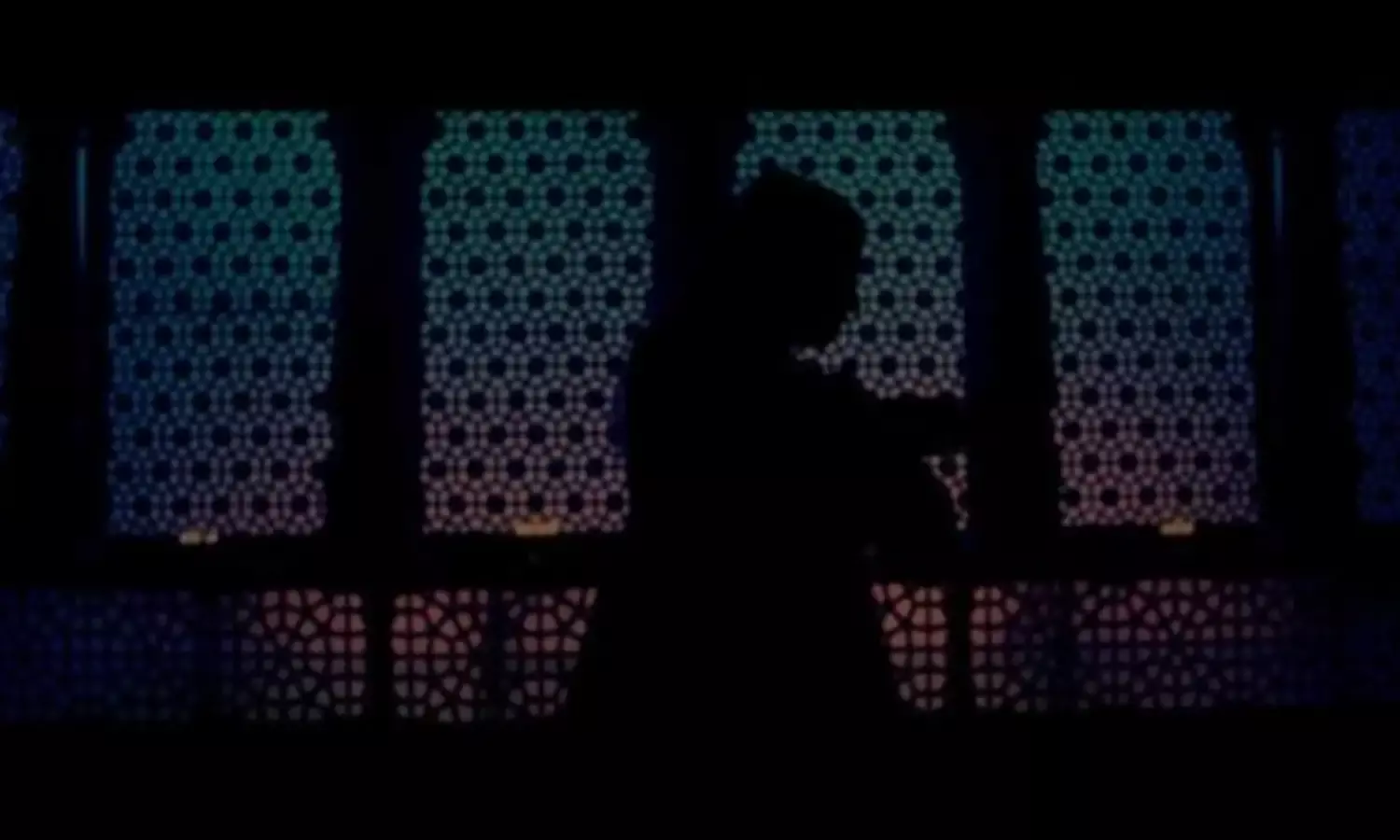Music is the Answer: How Musicians Made it Through the Lockdown
Many had to shut shop and head back home to their parents

Indoors for months, it is music that has reached each one of us in our homes and kept our moods upbeat throughout the pandemic, helping us maintain semi-normal lives, and celebrate our resilience through joyous balcony singing to free live concerts, online and off.
But what about the musicians who are helping us get through this dark time?
“I think the first major problem that hit was there was no inflow of money coming in” says Nathanael Mookhtiar, a musician and co-founder of Tilt Entertainment.
Many of the artists Mookhtiar worked with had other jobs to help them make ends meet. But full-time artists had either to go into teaching or put up their own content on social media. Many such musicians, including himself, performed just before the lockdown and had to put up with delayed payments or bounced checks just after.
He says this forced many artists to shut shop and head back home to their parents.
As the break-sense of the initial stages of the lockdown gave way to permanent “uncertainty”, with the film and ad industries also shutting down, taking their livelihood away from them, these musicians decided to start working on their skills and produce music for motivation. But many became more frustrated, or lost wondering how to move ahead.
Kanishk Seth, a composer, singer and songwriter, says he asked himself “Am I doing enough? Am I pushing myself enough?”
He explains that musicians need to go out, experience what is going on and socialise while creating music. Being cooped up with no escape damaged that process. The lockdown added pressure and made one want to prove themselves, and question their daily productivity.
At last Seth was able to ask, “Who am I proving this to?” He had to learn to recognise the patterns around and within himself, to understand the pace he should go at, and that rest is also important.
There was also a digital revolution that took place, creating space for artists to come and put their sound out there, allowing them to interact with their audiences differently.
For established artists like Reena & Lindsay, who have been in the music industry for the past 30-35 years, this boom brought them closer to their fans, even allowing Indians from various parts of the world to interact with them because of their Facebook Live IP called Saturday Date. Others faced audio quality or technical issues due to the infrastructure at home.
There was also the problem of performing in solitude. As vocalist and songwriter Devashri Manohar explains, “When you are doing all these gigs, on Insta Live especially, you don’t know what is happening (with the audience). While I’m singing I wouldn’t be looking at those messages (coming in) so it’s very difficult to know what people are feeling or if they are even vibing with my music.”
But the one thing these artists never lost is hope. The lockdown has led to a rise in recognition for indie or independent artists (unattached to big business). Nilay Singh, percussionist and beatboxer for Ferry Tales, Aflatunes and Zubaan, says this recognition had not happened in a while, and it has begun a new practice for him and others.
“This is what I love about the music community in general… everybody understands what we are going through, because every musician knows that the kind of work you do or the kind of gigs you do, is not about how much money you make.”
Besides, “It got a lot of bands to kind of plan doing new gigs together for the new year… because if you are coming back, everyone wants to come back with a bang.”


